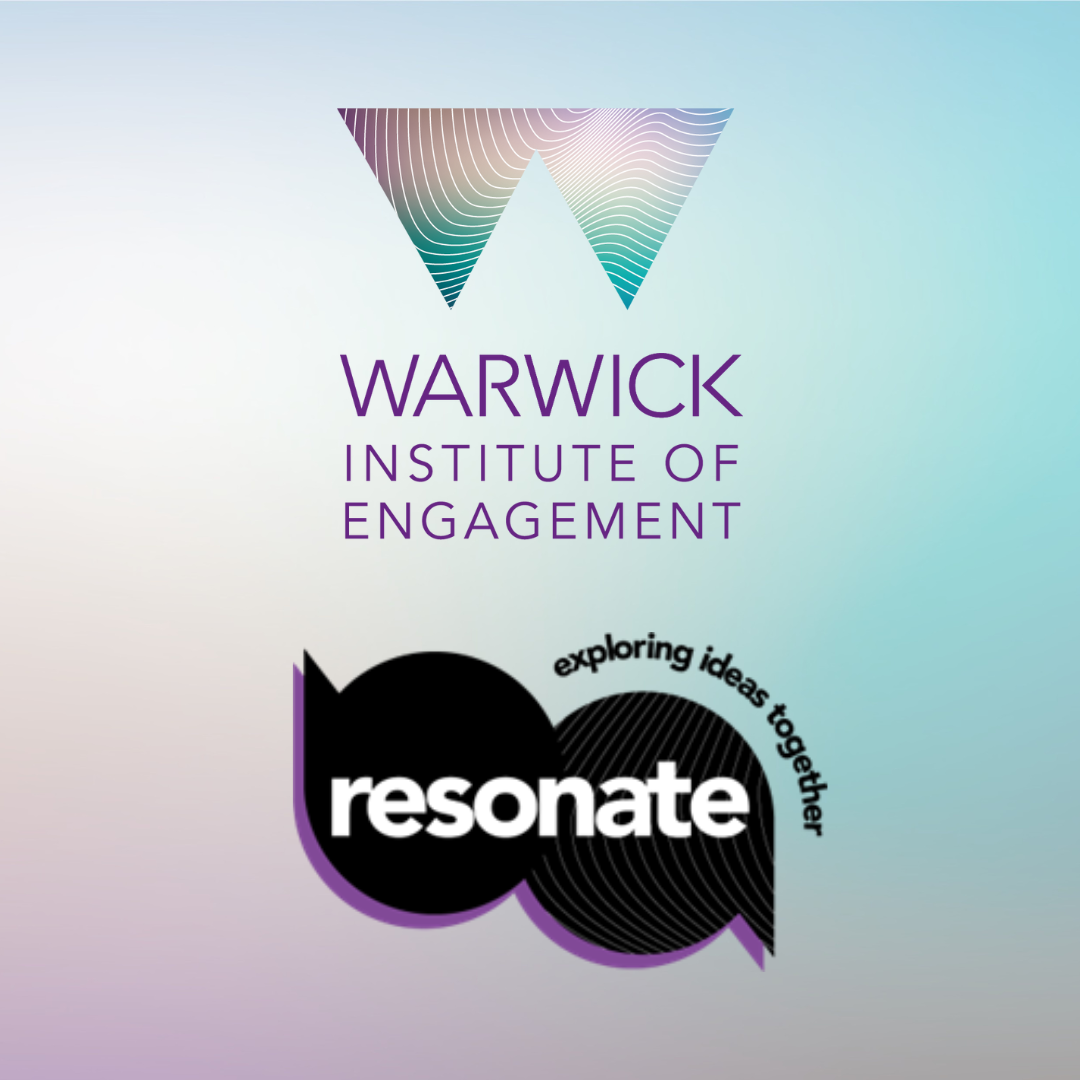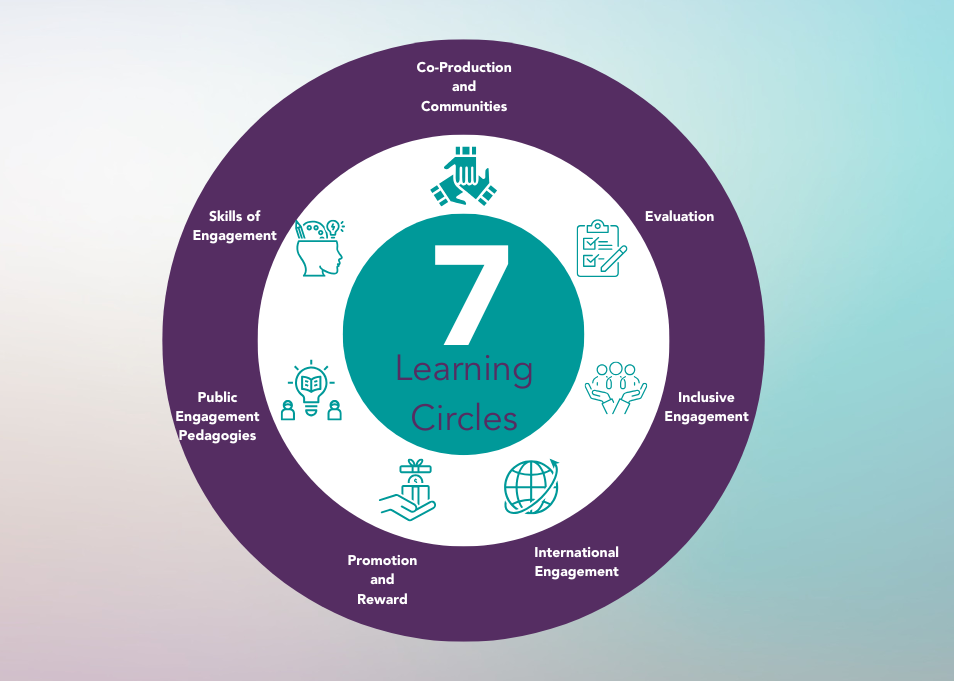About us
Who are WIE?
Since 2020, the Warwick Institute of Engagement has been supporting staff and students to engage with the wider world.
We're a team of professional support and events staff, academics, fellows and learning circles. We share expertise to convey new knowledge and research in innovative, creative and collaborative ways.
We offer a suite of training and support to enable all staff and students to get involved in public engagement and embed it more fully into our culture at Warwick.
We're also home to Resonate who host a year-round programme of inspiring events for all ages across Coventry and Warwickshire.

Click here to view the accessible version of this interactive contentLink opens in a new window
Our Vision and Mission
Click here to view the accessible version of this interactive content
Discover More
Click here to view the accessible version of this interactive contentLink opens in a new window
Our Commitment to Inclusive Engagement
WIE is committed to ensuring our activities are as inclusive as possible. Our Inclusive Engagement Statement has been formulated by our Inclusive Engagement Learning Circle to define and set a standard for members of the Institute in their public engagement practice. The statement is a starting point to ensuring a fair and consistent approach.
Need advice on creating inclusive engagement activities? Check out our guide with a short video introduction to why we need EDI in Engagement, and 5 top tips to get your started.
You'll also find links to further resources and templates you can use.



